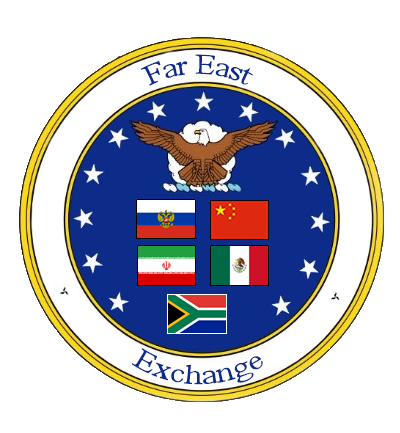






Special Assignment |
Limited Edition
 |
 |
 April Ticks
April Ticks 
"The Decades Ahead"


 |
"US attempts to salvage the European Order with new Oceania based military coalition" |
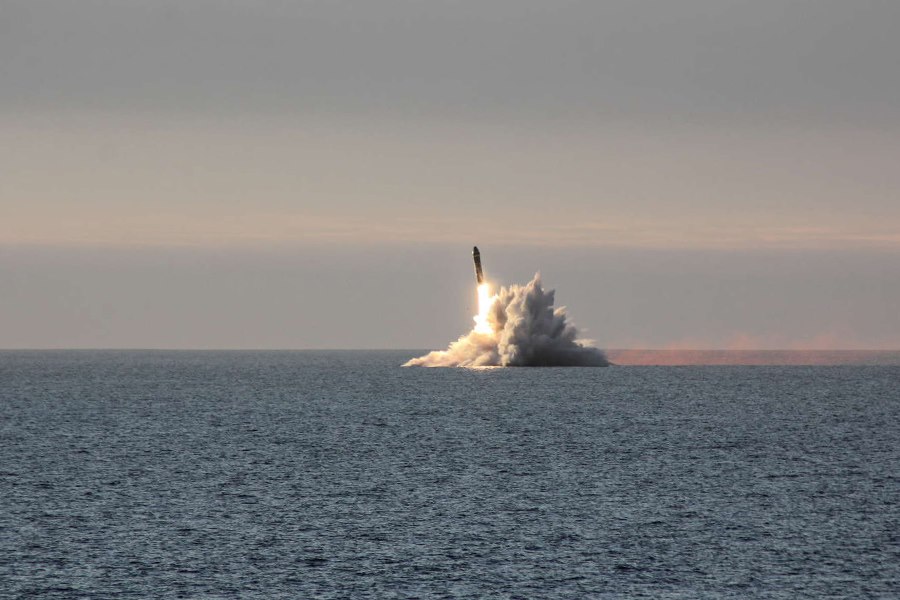 |
 The Bottom Line
The Bottom Line 
 |
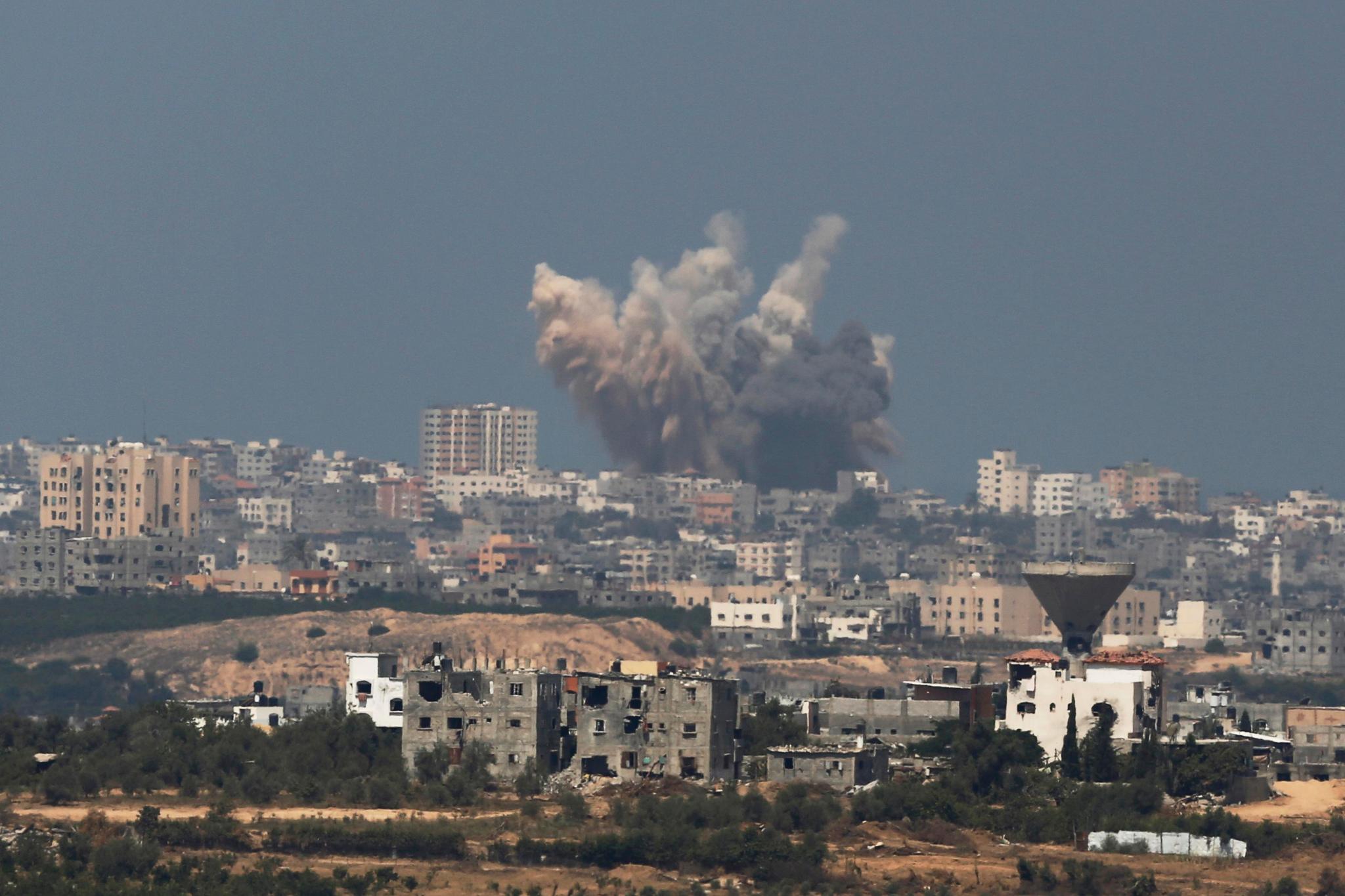 |
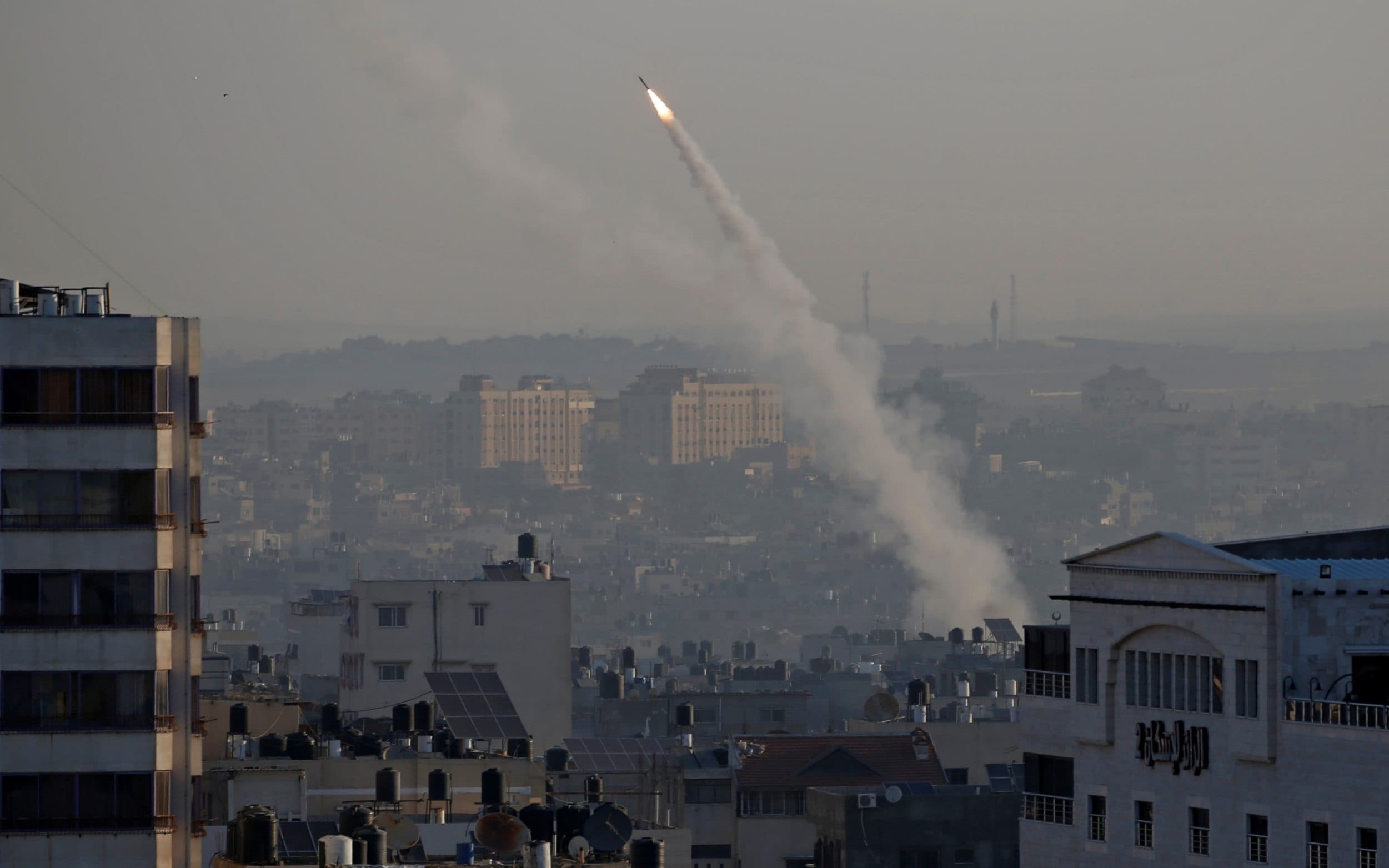 |
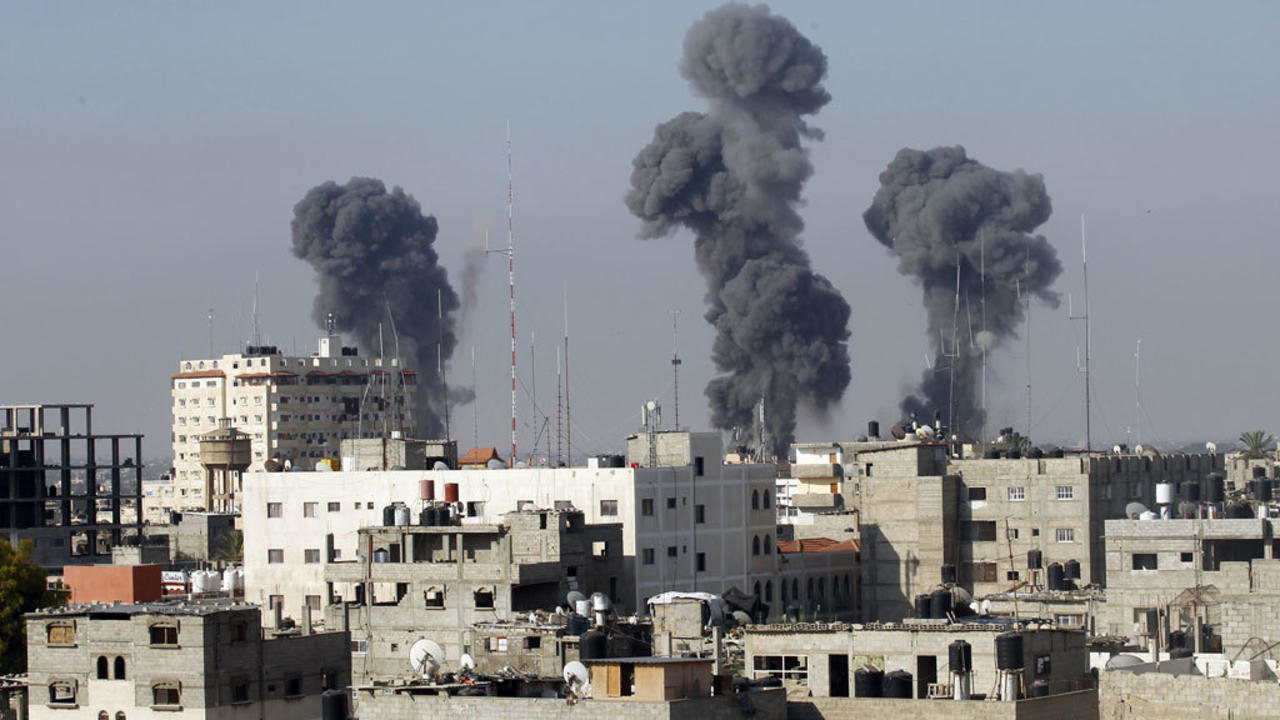 |
 |
Strike Zone
|
|
 |
|
 Terror Cells on Gaza Strip Cripples European Union
Terror Cells on Gaza Strip Cripples European Union 
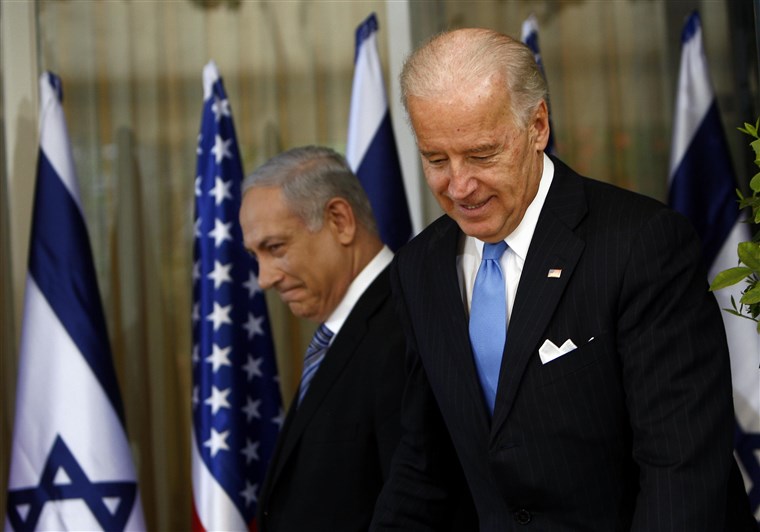
04.04.2021
01:27 PST
SF Bay Area, CA – Globally, military tensions from US military occupation in Europe, the Middle East and Asia is linked to the growth of newly formed terror networks in Israel, the US, UK and parts of Asia. Significantly, disruption to international trade reflect a political shift toward same-sex unions from several major cities in the West and is recruiting territory for anarchy. Moreover, economic terrorism in Israel is sponsored from the US as monetary easing forms the support for new military conflicts in the West. Likewise, the US and NATO are forging nuclear aggression against Russia to assert support for regional anarchy as the battle with ISIL in the Middle East subsides.
Publicly, Israeli settlers in the West Bank have become members of the Price Tag terror network which act out violence and vandalism on Muslim holy sites. Furthermore, political support for the Price Tag network is growing from Jerusalem near the US embassy as expansion into West Bank territory accelerates.
 Stay tune for... Radio News with China
Stay tune for... Radio News with China 
Economically, the Price Tag network cripples the European Union as national sovereignty is rigged to the global agenda for US military occupation and monetary easing policy. Militarily, the support for same-sex unions and expansion into West Bank territory from the US embassy in Jerusalem signify a major link to arbitrary enforcement of protectionism. Prudently, lack of cohesion towards Iran's nuclear program from the US initiate regional efforts to alleviate military threats over permanent occupation by foreign forces. Effectively, the disruption in international trade from the West is associated with permanent US military occupation world-wide which is rooted on the FOREX market.
[Top]

 |
"US attempts to salvage the European Order with new Oceania based military coalition" |
 |
 Rules of Engagement
Rules of Engagement 
 |
 |
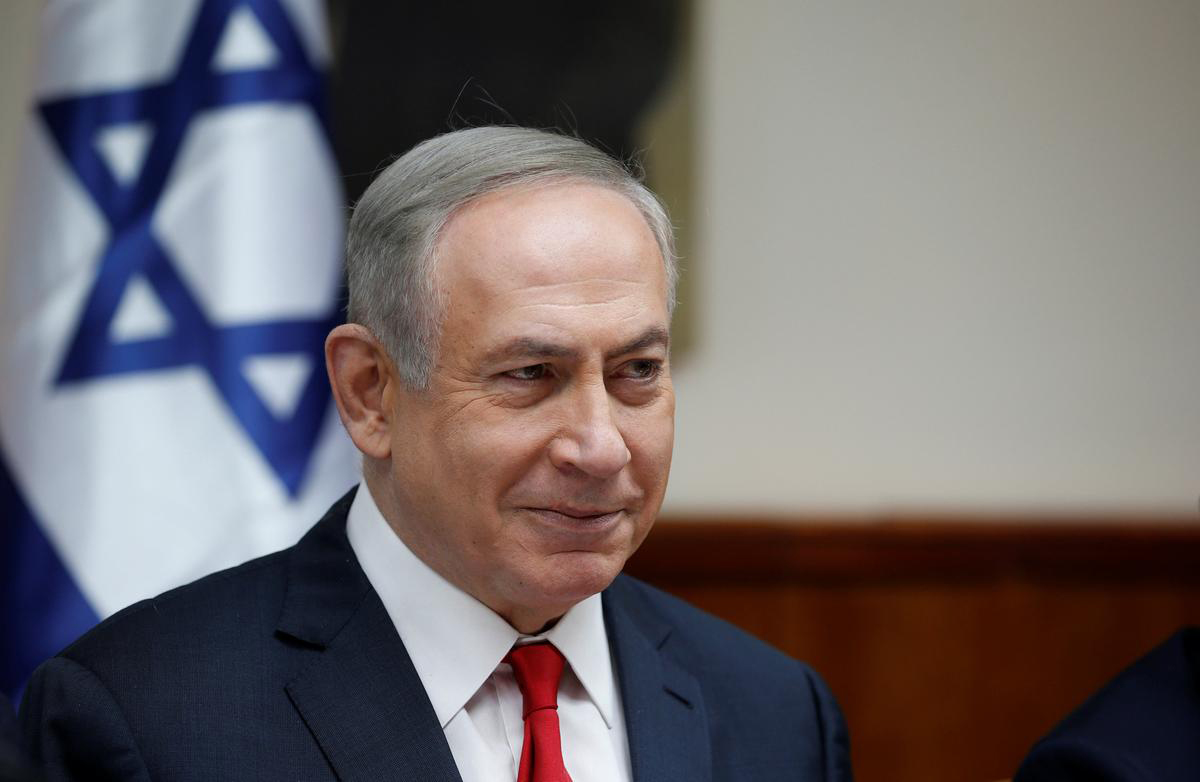 |
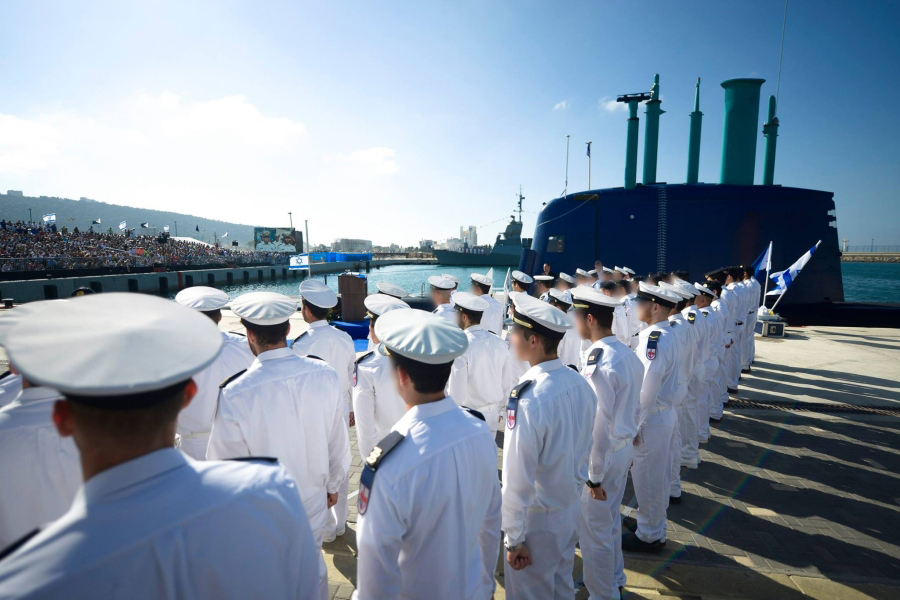 |
 |
At the Border
|
|
 |
|
 Revamping the Panama Canal from Mexico
Revamping the Panama Canal from Mexico 
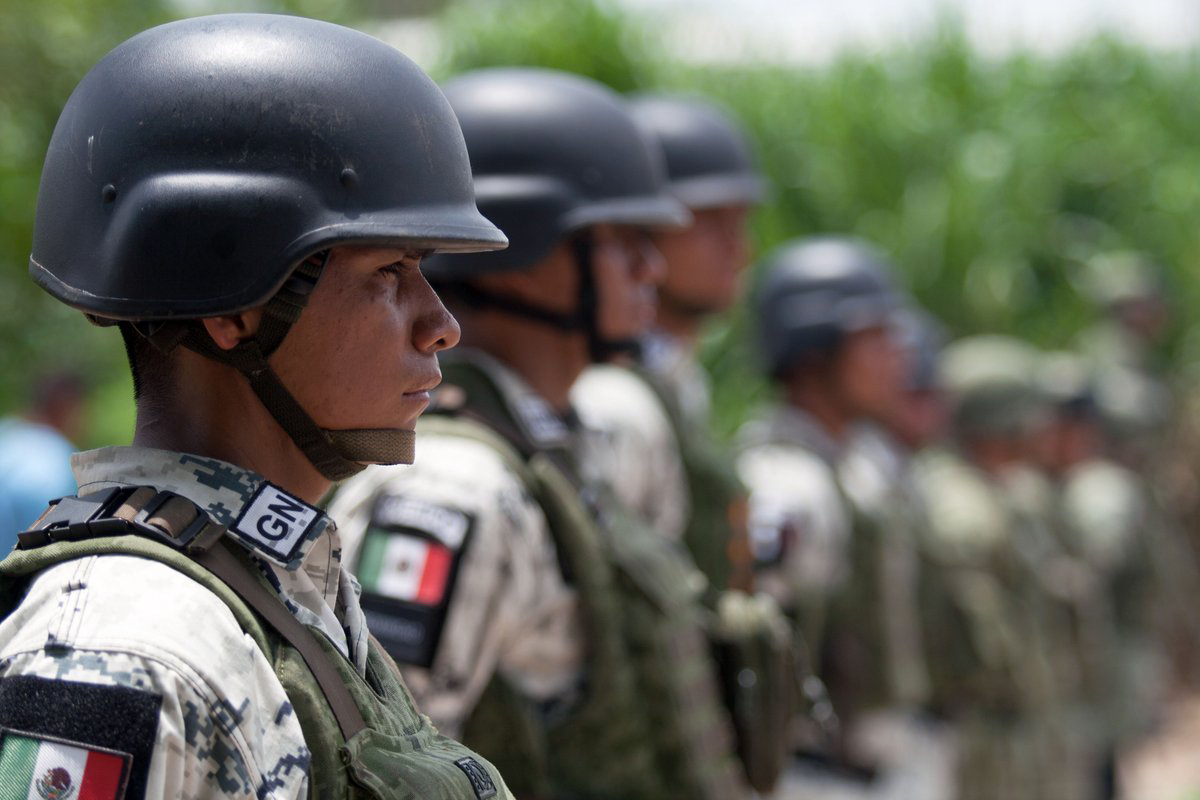
11.08.2020
22:33 PST
SF Bay Area, CA – Freely, the US-Mexico border has drifted into the headlines from the war on drugs which has left the US Department of Homeland Security ditched. Economically, the US Treasury Department is also in the limelight as the pace of mature bonds outpace recovery from the COVID-19 pandemic. Militarily, the war on drugs in Mexico opens the economic wounds left behind US President Donald Trump's enforcement of trade embargoes. Hence, the Gulf of Mexico is becoming the origins for a revamped Panama Canal as Mexico's navy raises the red flag against the US Department of Homeland Security over the US-Mexico border.
Impressively, the Gulf of Mexico is selected as a premium zone for integrated strategic development on the Kupol space system with Russia. Specifically, Russia is scheduled to finish the first stage modernization of newer radars for its advanced missile defense systems this year. Likewise, integration with the Kupol space system from the Gulf of Mexico reinforces the security gap from the war on drugs at the US-Mexico border.
 Stay tune for... Radio News with China
Stay tune for... Radio News with China 
Diligently, Russia's CEO Pavel Laptayev of RTI Joint Stock Company (which will deliver the upgrades) stated, "We are currently working on a project that lays out the existing radar stations’ upgrade logic. This project will be finished in 2020, and then we will get down to the research and development stage to compile the evidential base, and formulate technical solutions for each station upgrade separately." Markedly, revamping the Panama Canal with integration of the Kupol space system is a major stride towards economic stabilization on the Gulf of Mexico.
[Top]

 |
"US attempts to salvage the European Order with new Oceania based military coalition" |
 |
 Opium Pandemic
Opium Pandemic 
 |
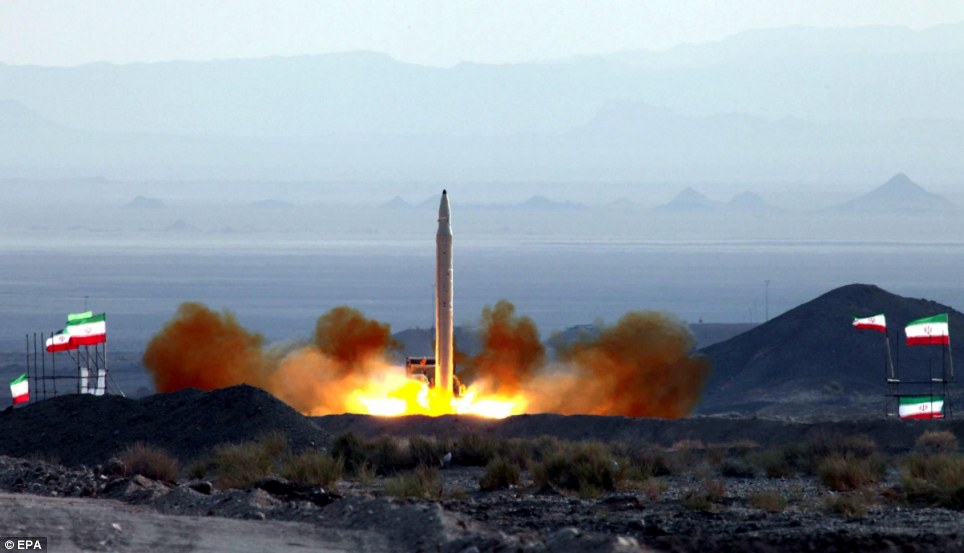 |
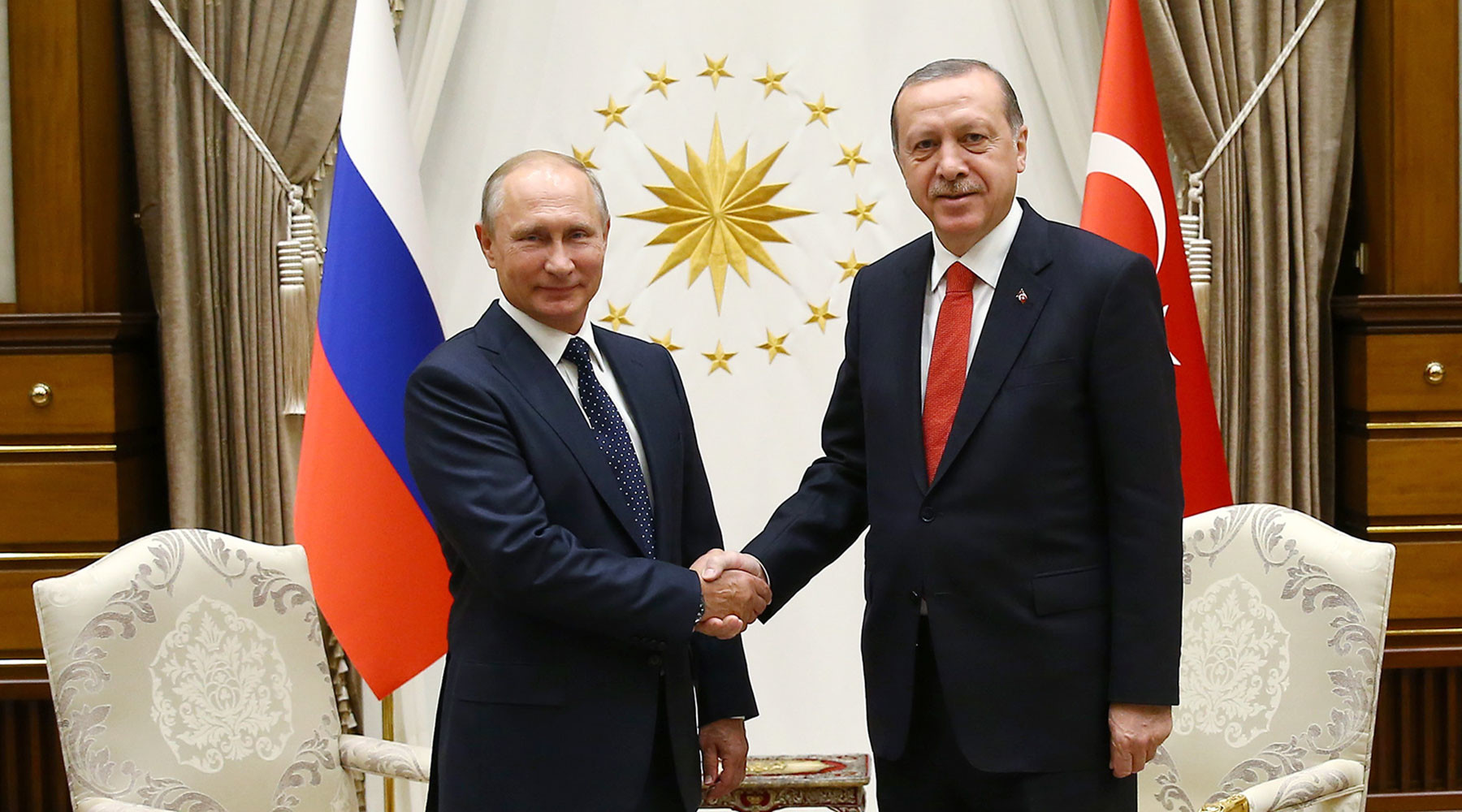 |
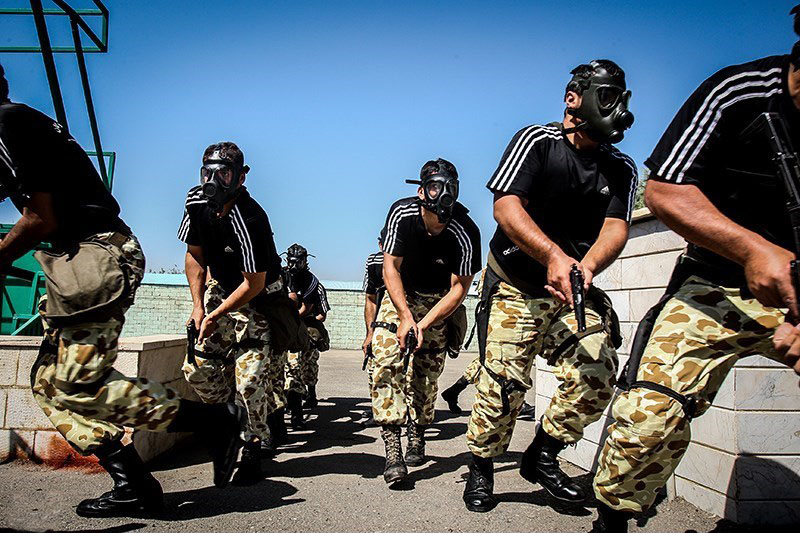 |
 |
Zionist Imperialism
|
|
 |
|
 Iraq Turns Into a Bedrock Against Foreign Forces
Iraq Turns Into a Bedrock Against Foreign Forces 
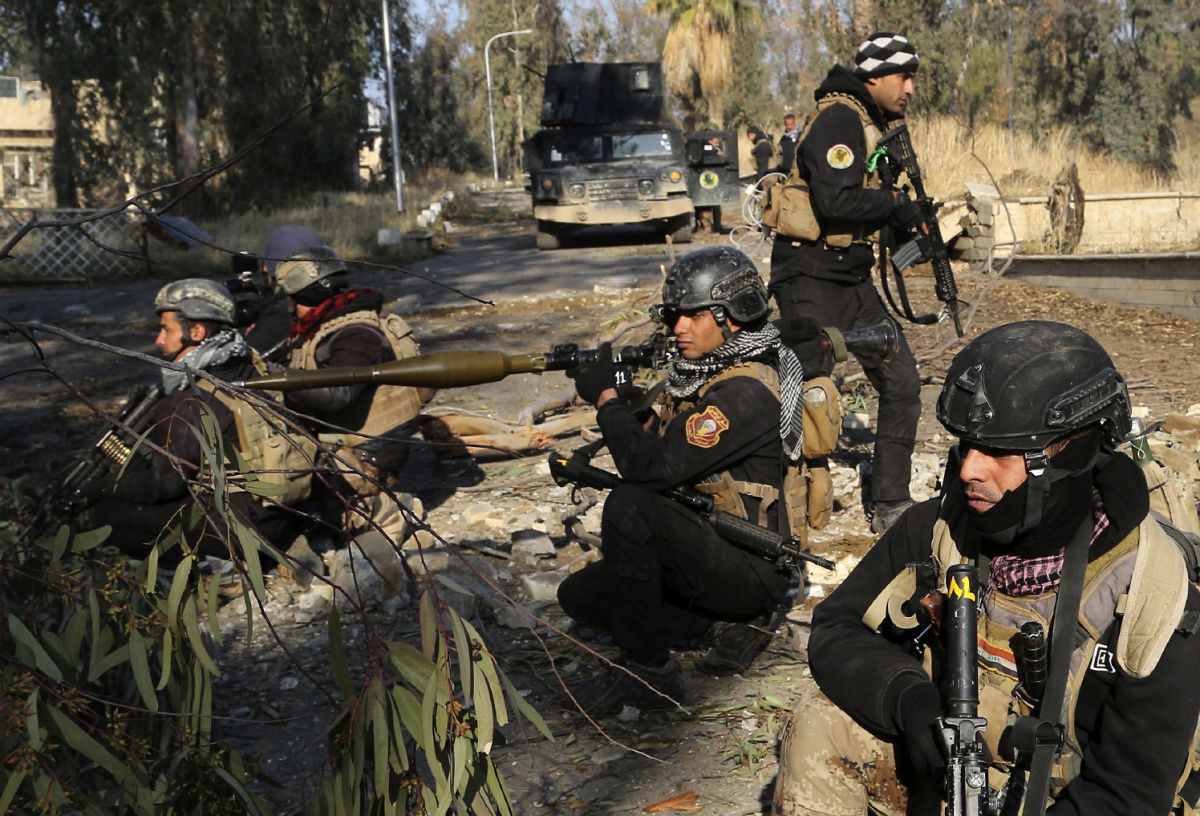
05.05.2021
03:19 PST
SF Bay Area, CA – Vigorously, Iraq has increased tensions against the presence of US troops as it turns into a military bedrock demanding a withdrawal of foreign forces. Fittingly, Iraq is upholding a stance against the 2003 US invasion to topple Saddam Hussein over weapons of mass destruction which are developed and tested in several parts of the world. Vividly, the redeployment of US troops in 2014 to Iraq is evidence of war crimes as US support for ISIL networks is linked to western monetary easing policies. Meanwhile, escalation against Iraqi forces from US troops is visible in the various advisory and training missions which support political partisan. Effectively, Iraq is destabilizing the mission for US troops as US bases face an onslaught of organized attacks.
Recently, the Ain al-Assad Airbase in western Iraq, the al-Balad Airbase north of Baghdad and the Baghdad International Airport were hit with rocket attacks. Increasingly, the triple back-to-back attacks signal a military shift against US troops in the region.
DETAILS TO FOLLOW
 US Prolongs Withdrawal in Afghanistan
US Prolongs Withdrawal in Afghanistan 
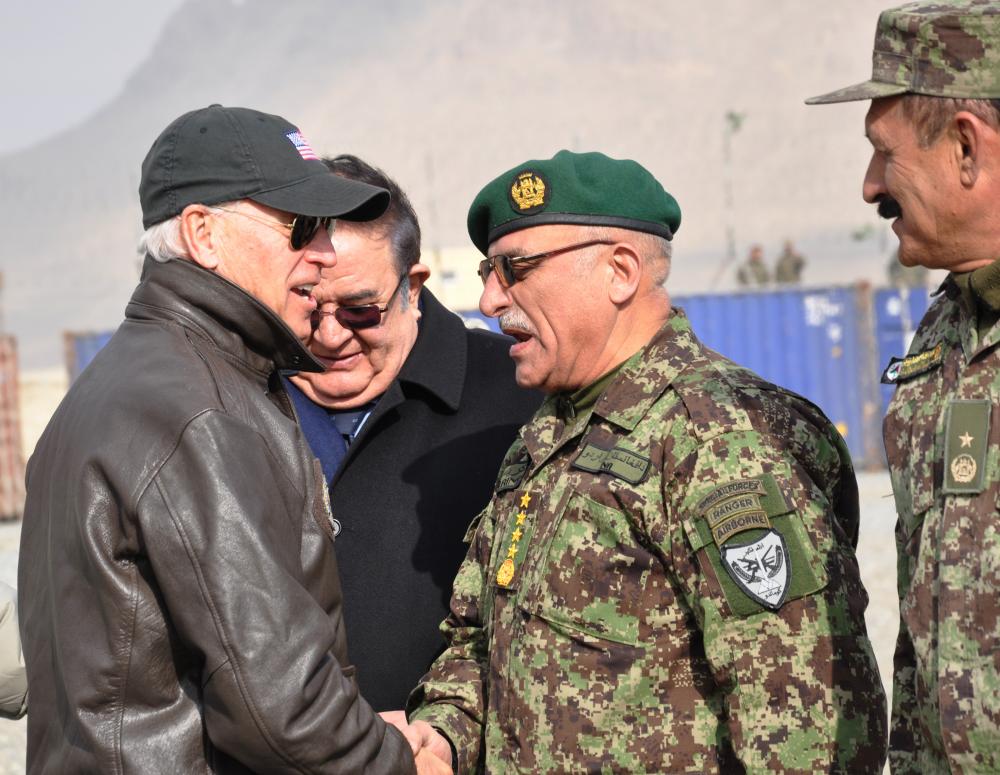
31.03.2020
00:51 PST
SF Bay Area, CA – Globally, the US withdrawal of troops in Afghanistan initiates major recovery from decades of war, ballooned pandemics and economic turmoil. Importantly, political threats from Israel are reduced as the deadline for US troops to withdraw from Afghanistan faces several obstacles which rely on further tensions to escalate a regional conflict. Prudently, China is taking major action against terror-based networks which threaten economic stability while US troops impede recovery efforts. Strategically, China is fortifying the Instanbul Process which ensures a speedy recovery for Afghanistan as the US fails to meet the withdrawal deadline.
Logistically, the US has nearly 2,500 troops and 13,000 contractors working alongside 5,000 NATO forces in Afghanistan lagging from the political agenda of newly-elected President Joe Biden. Publicly, US President Biden mentioned, "We’ve been meeting with our allies, those other nations that have NATO allies who have troops in Afghanistan as well, and if we leave, we’re going to do so in a safe and orderly way."
Aggressively, recovery in Syria weighs against the US agenda and accelerate military tensions against US troops allied to ISIL and other terrorist networks in the region. Intuitively, China has prepared for long-term investments in Afghanistan to build trade for innovative hubs throughout Central Asia. Politically, Afghanistan has become a bridge for recovery in the region while the withdrawal of US troops remain a high priority as threats of local clashes with ISIL fuel hostility. Steadily, US troop withdrawal in Afghanistan levels tension from Israel which has exploited recovery efforts in Syria. Ardently, China's Foreign Minister Wang Yi stated, "It will be ill-advised to follow double standards in counter-terrorism, as they will backfire at the end of the day. All parties need to join forces and double down on fighting terrorist organizations like Al-Qaida, ISIS and the ETIM until they are completely eliminated."
[Top]

 |
"US attempts to salvage the European Order with new Oceania based military coalition" |
 |
 Intra-Afghan Talks
Intra-Afghan Talks 
 |
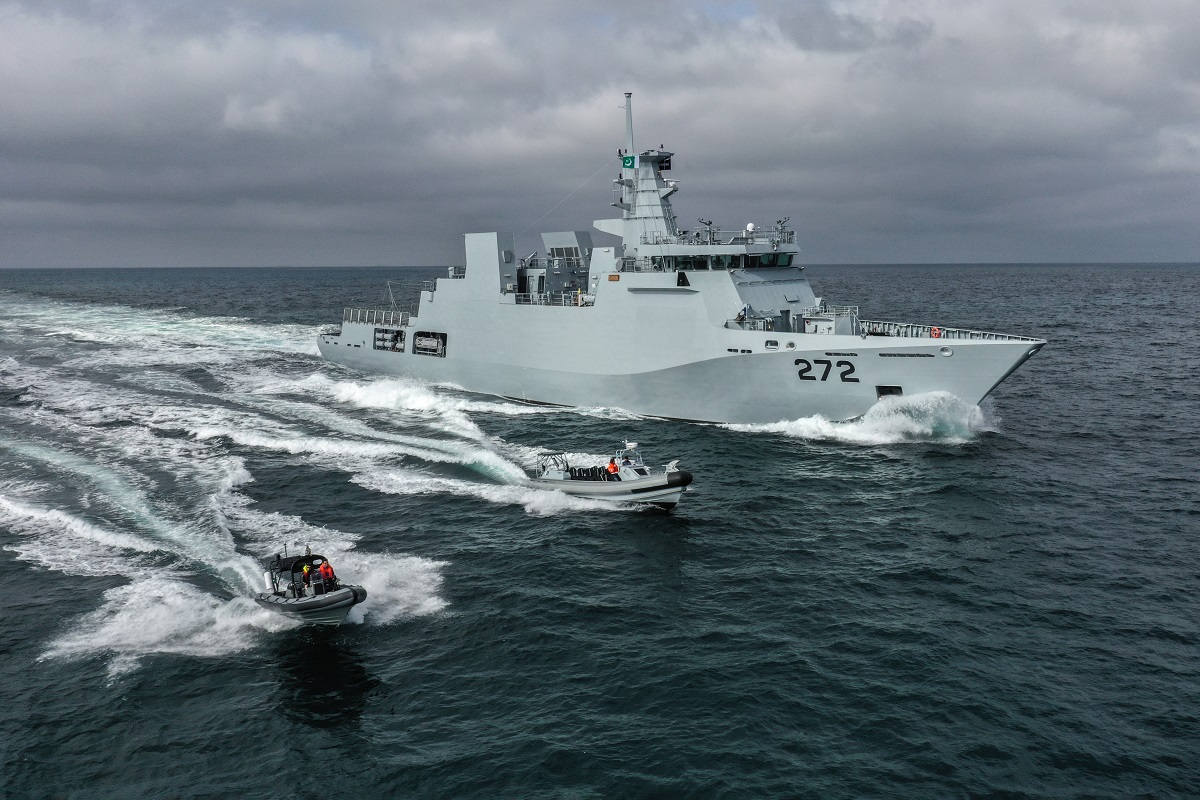 |
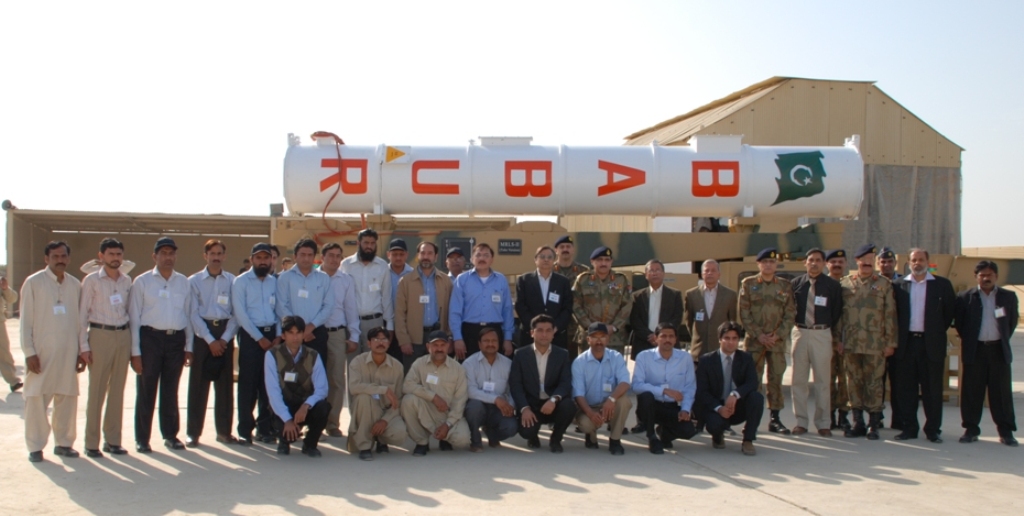 |
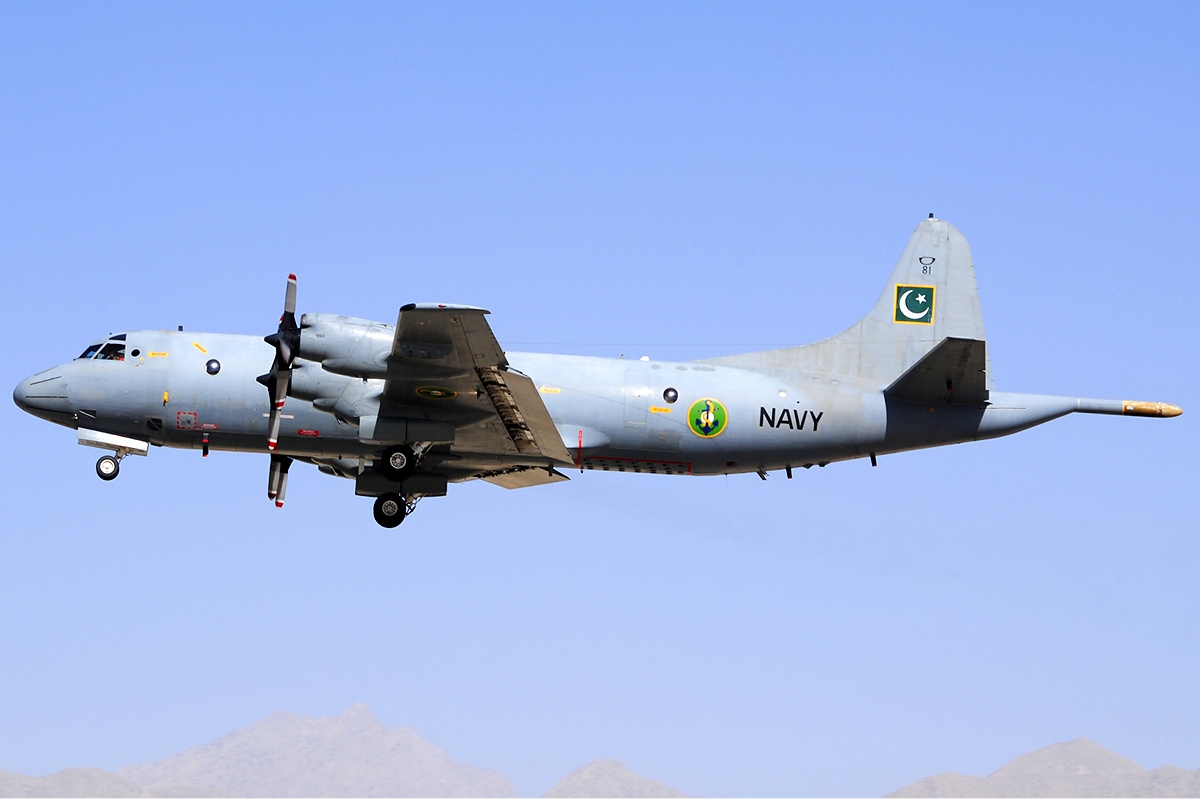 |
 |
The Roll Call
|
|
 |
|
 Surge of Violence in Afghanistan Signals Defeat Against ISIL
Surge of Violence in Afghanistan Signals Defeat Against ISIL 
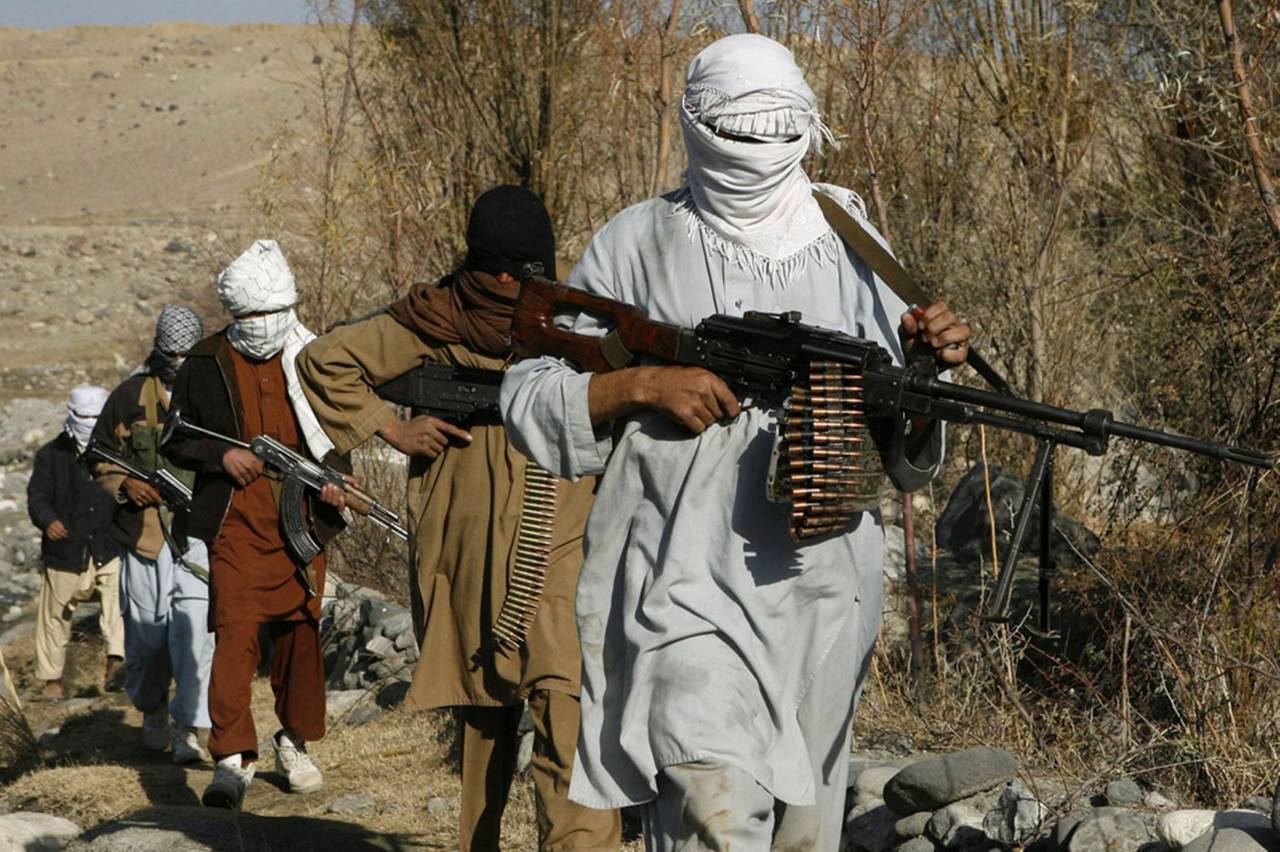
06.05.2021
19:15 PST
SF Bay Area, CA – Globally, Afghanistan is transitioning away from decades of war as tensions over US support for ISIL takes a toll in the region. Steadily, the political norm is returning to Afghanistan while security threats shift from the withdrawal of US troops in the nation. Appropriately, the Taliban is leading aggressive actions against US-ISIL networks which linger from social insecurity. Importantly, the Afghanistan-Pakistan border is central to regional economic recovery and stability which. Presently, the Taliban is placing the central northeastern border under fire at various security checkpoints which are at risk from ISIL camps. Likewise, the Afghan government is shadowing the future withdrawal of US troops to ensure peace talks with the Taliban expand.
Regionally, Afghanistan is outpacing the security threat from ISIL camps as its border with Pakistan, India, China and Tajikistan remains in high-level alert. Vigorously, Afghanistan and the Taliban are bridging the gap between US links to ISIL and al-Qaeda as the military coalition in Saudi Arabia faces the withdrawal of foreign forces in the region.
Noticeably, security in Afghanistan weighs for Yemen, Syria and Iraq as ISIL networks diminish with shifting from US military assistance to Israel. Moreover, ISIL networks remain devoted over US ties with Israel which fuels the war between Yemen and Saudi Arabia. Additionally, Israel has been deemed as an enemy to the entire region as violence surge in Afghanistan over US military assistance. Prudently, Tajikistan's President Emomali Rahmon mentioned, "Tajikistan supports the Afghan government’s aspirations to establish security, peace and stability in their country. Dushanbe welcomes the inter-Afghan negotiations that are taking place to this end." Politically, Afghanistan has ensured stability with ongoing peace talks on security issues in both the nation and region.
 Daesh Beyond... Istanbul Conference Establishes New Peace Agenda
Daesh Beyond... Istanbul Conference Establishes New Peace Agenda 
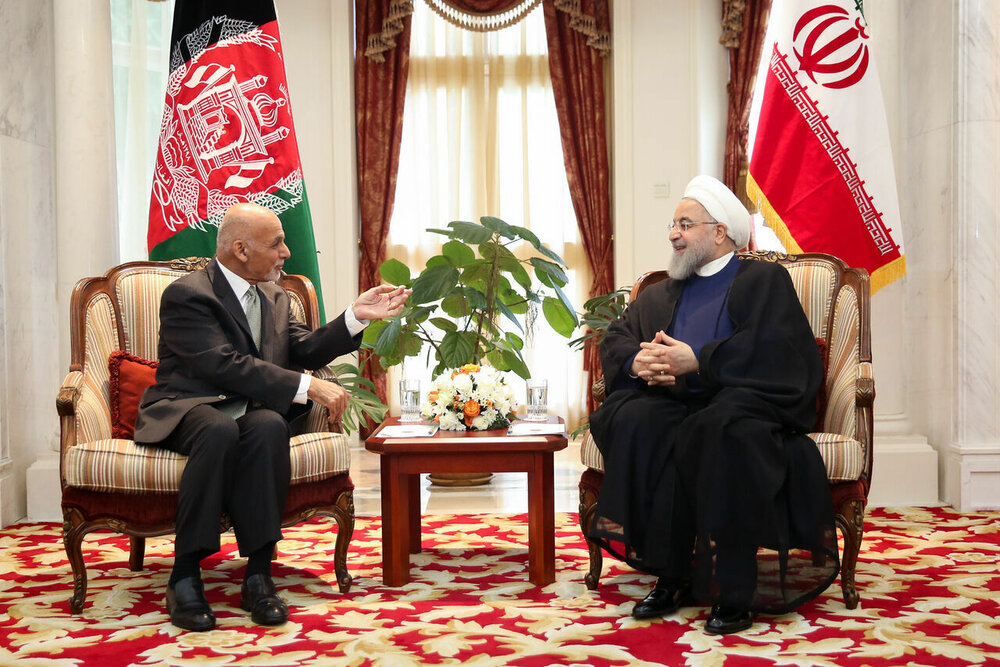
04.04.2021
14:02 PST
SF Bay Area, CA – Readily, members of the Taliban and the Afghan government with other world leaders prepare for a new round of peace talks at the Istanbul Conference. Subtly, intra-Afghan talks gain momentum since remaining idle from the initial talks which began in September. Presently, Afghanistan is on the brinks of igniting a new war over government elections and constitutional reform. Meanwhile, the Istanbul Conference is developing a clear road map for a peace agenda in Afghanistan and the region. Sensibly, intra-Afghan talks must stipulate ways to address the public with information on constitutional reforms such as: the purpose, costs, impact and time of new amendments.
Intently, an official from the reconciliation council stated, "The Istanbul conference is very important, key, historic and decisive for the people of Afghanistan. The government of Afghanistan plus political parties and influential leaders will attend the conference with a united viewpoint."
DETAILS TO FOLLOW
[Top]

 |
"US attempts to salvage the European Order with new Oceania based military coalition" |
 |
 The Indian Corridor
The Indian Corridor 
 |
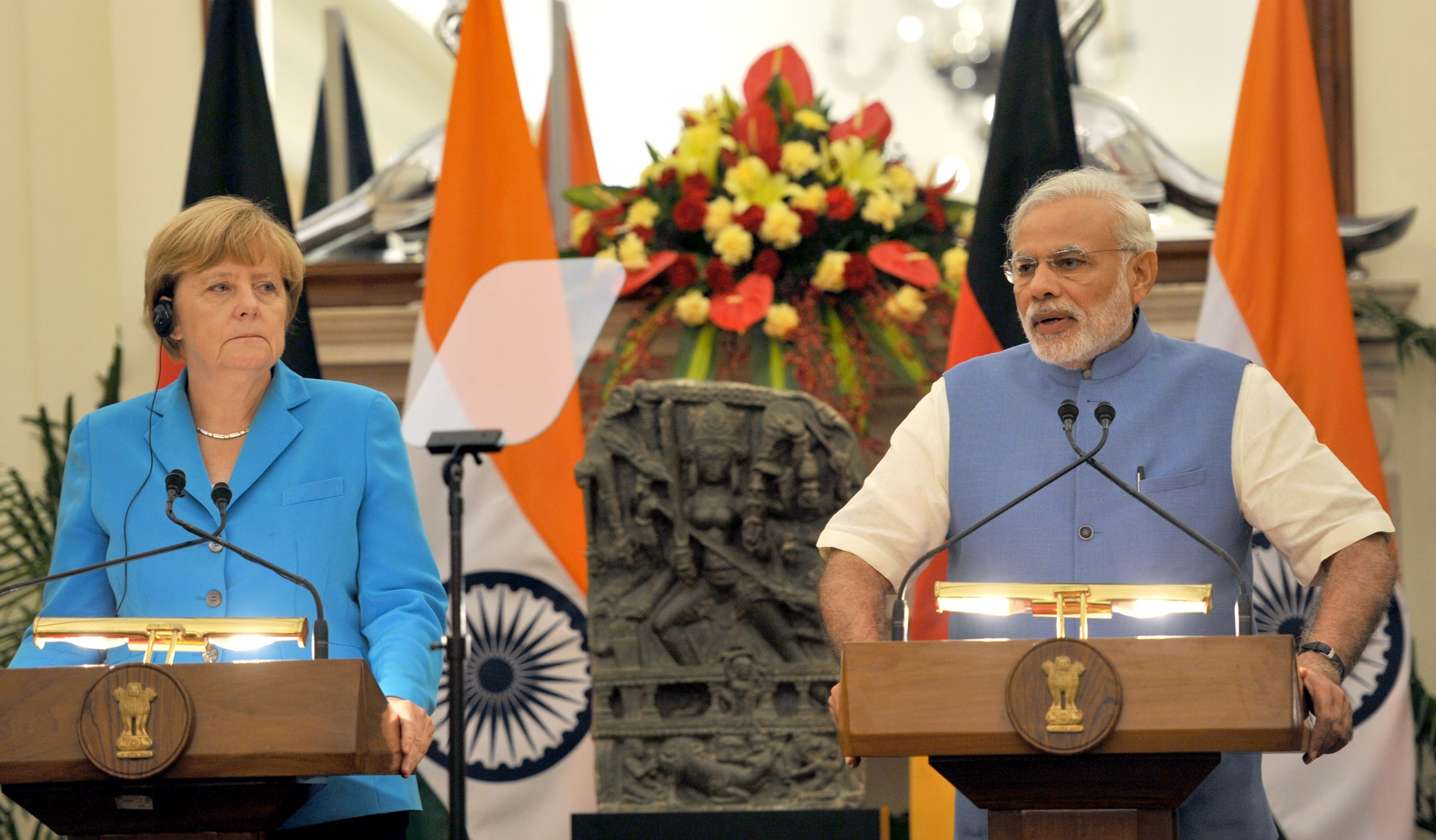 |
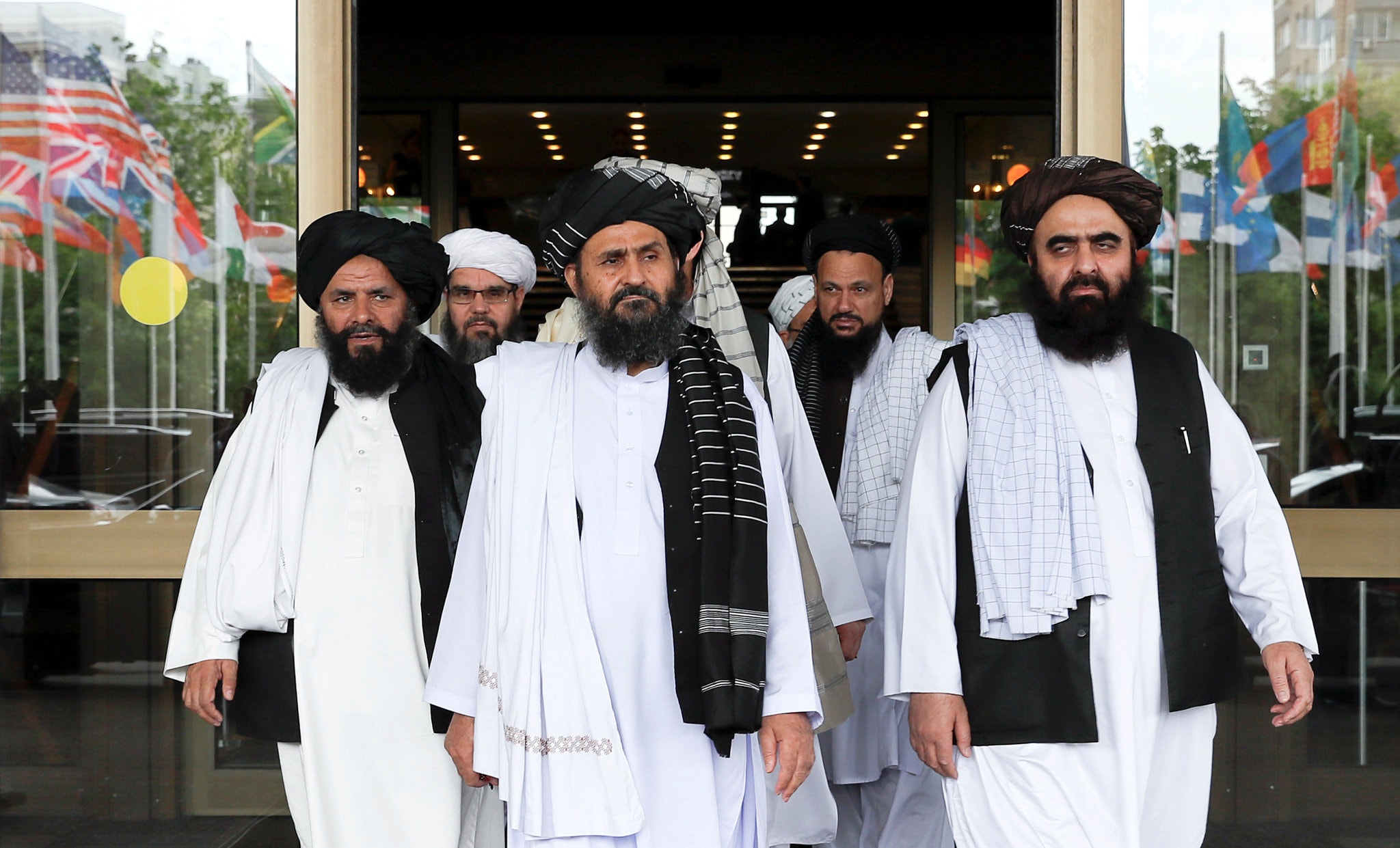 |
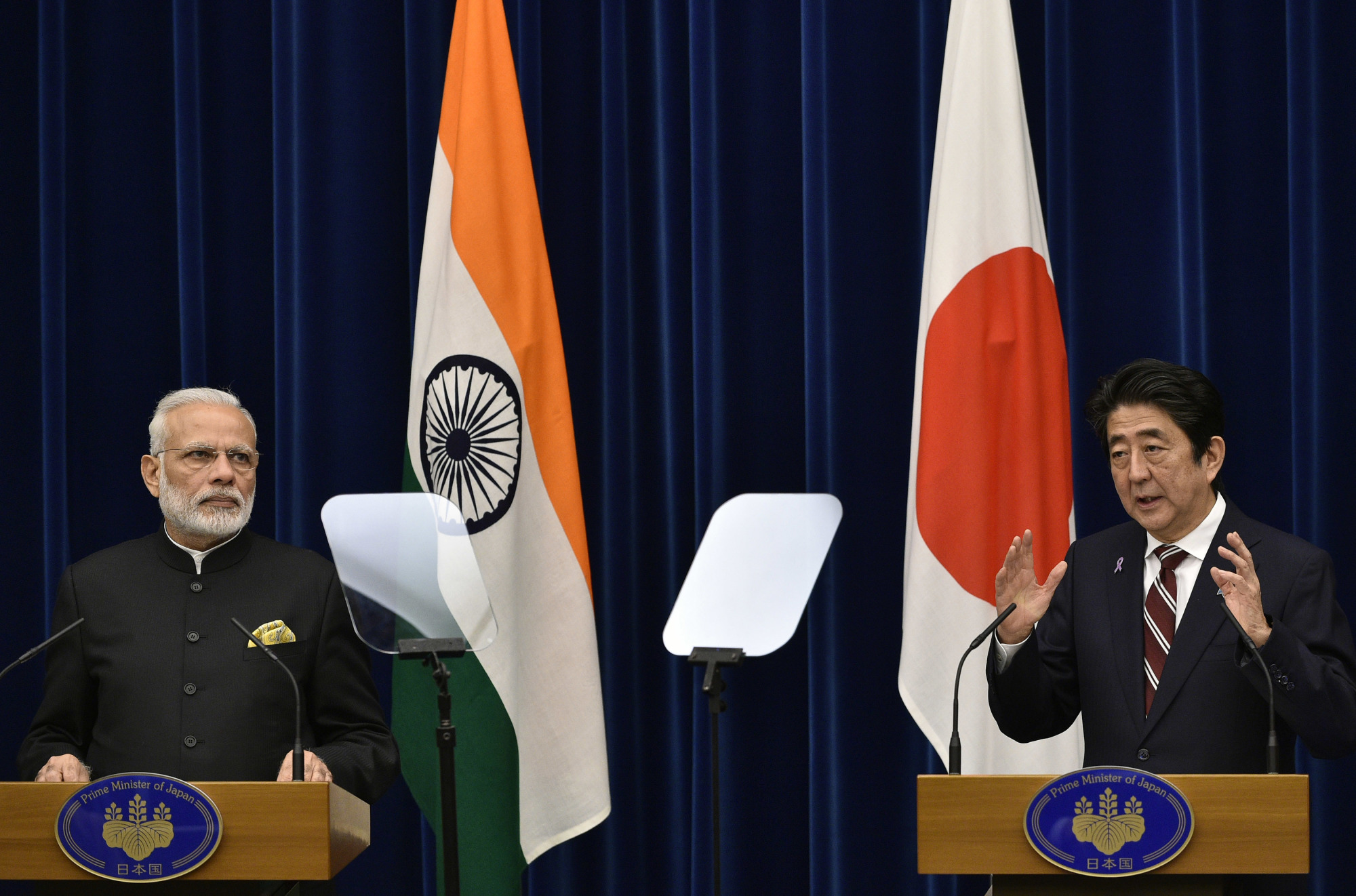 |
 |
At the Heart
|
|
 |
|
 Bank of Japan Extend Easing Policies Till End of Year
Bank of Japan Extend Easing Policies Till End of Year 
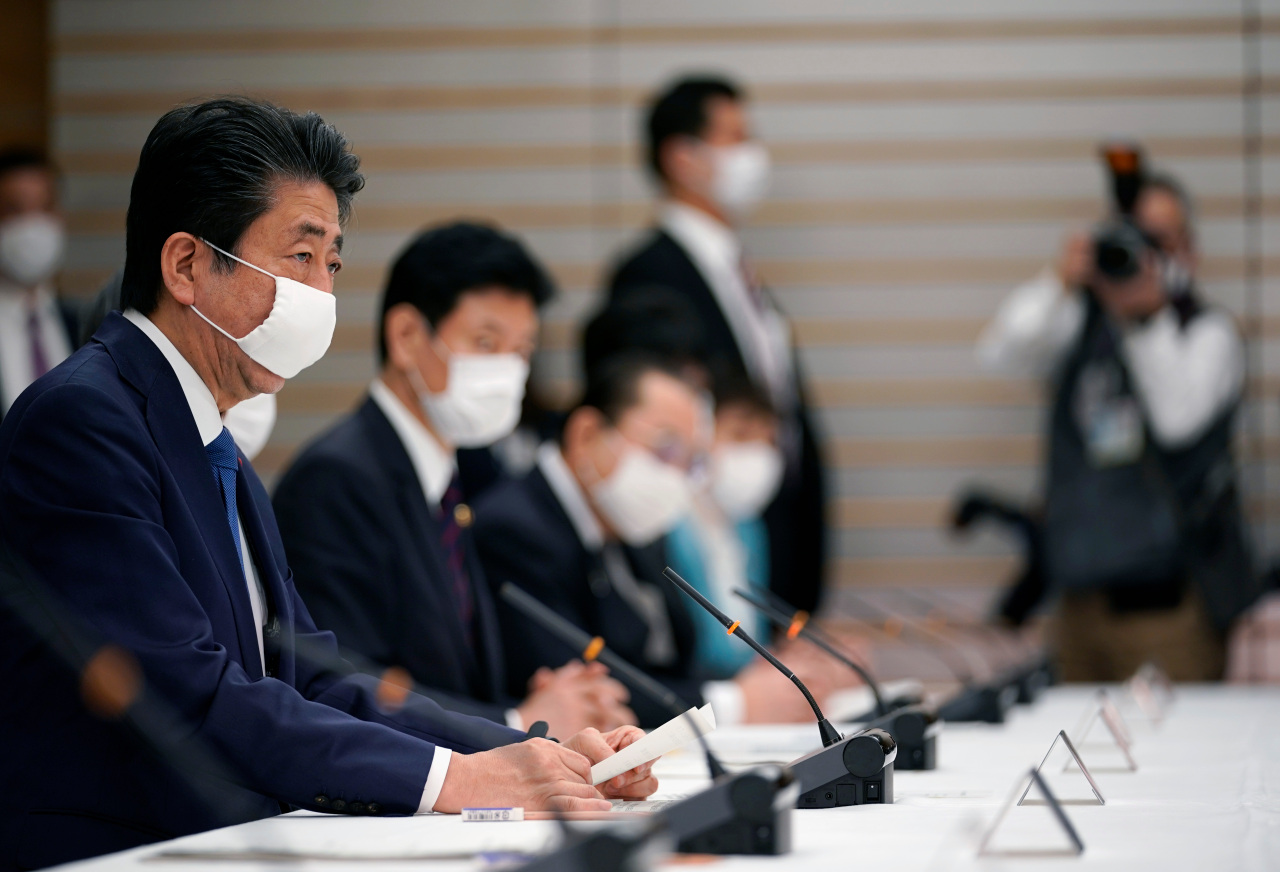
07.05.2021
00:09 PST
SF Bay Area, CA – Fiscally, Japan is holding fast on economic stimulus initiatives in the US that fuel the Indo-Pacific alliance as recovery from the ongoing pandemic plod. Economically, Japan weighs on the demand for oil along with India as efforts to build the Indo-Pacific alliance are jeopardized from the extention of monetary easing policies. Primarily, economic stimulus in the US lack reach in overseas markets which prolong easing policies in Japan as regional tensions linked to the US-China trade war warps economic growth. Tentatively, Japan is expecting to miss its 2% inflation target for several years ahead which has the central bank bracing with stimulus funds.
Reportedly, the Bank of Japan stated, "Japan's economy is likely to recover, though the level of activity will be lower than before the spread of the pandemic mainly for sectors that offer face-to-face services."
Assertively, Japan has extended its easing policies till the end of the year along with warnings of uncertainty over pressure on US stocks from additional government stimulus. Increasingly, economic stimulus at the BOJ gear towards boosting exports which are stagnant from the pandemic and are essential for a feasible Indo-Pacific alliance. Likewise, the BOJ has reduced its core consumer inflation forecast to 0.1% for the year from 0.5% which lowers the volume of economic activity in the region. Furthermore, the BOJ is relying on US economic incentives to balance against regional trade deficits with ASEAN nations. Precisely, the past 8 consecutive years of economic stimulus in Japan have yielded a short fall in the 2% inflation benchmark.
 Indo-Pacific Alliance with Japan Deepens Fiscal Vacuum
Indo-Pacific Alliance with Japan Deepens Fiscal Vacuum 
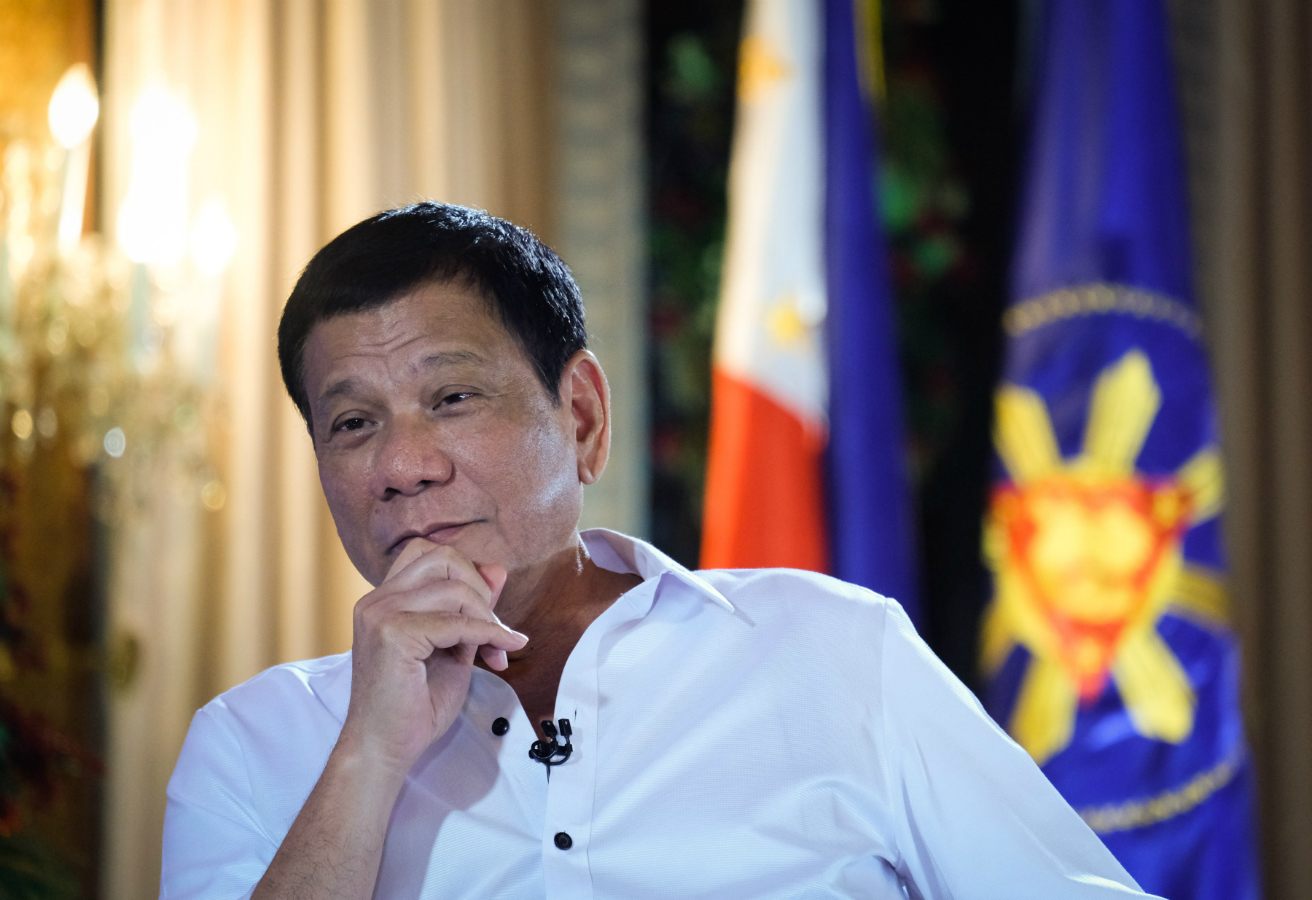
04.04.2021
17:23 PST
SF Bay Area, CA – Economically, the Indo-Pacific Alliance or Quad 4 is facing several hurdles as a fiscal vacuum exist from mediocre plans for development. Militarily, the Indo-Pacific alliance faces greater obstacles over US stagnation in the region on the issue of nuclear parity and military integration. Moreover, Japan's extension of grant aid and loans to India for infrastructure projects on the Andaman and Nicobar Islands signify an economic vacuum building as Central Asia intensifies recovery from COVID, war and trade embargoes.
DETAILS TO FOLLOW




